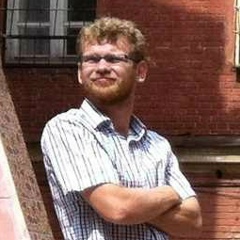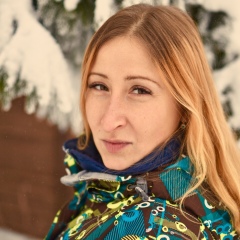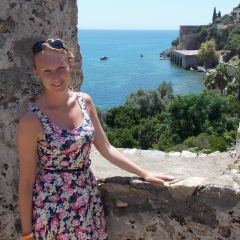«Когда я был маленьким, отец сказал мне: «Знание – сила. Фрэнсис Бэкон» (Knowledge is power. Francis Bacon). Но я это понял так: «Knowledge is power, France is bacon» («Знания – сила, Франция – бекон»). Больше 10 лет я ломал голову над второй частью – и что за сюрреалистичная связь была между обеими? Если я кому-либо цитировал: «Knowledge is power, France is bacon» – они понимающе кивали. Или кто-то мог сказать: «Knowledge is power», а я закончить: «France is bacon», – и они не смотрели на меня, будто я сказал что-то очень странное, и глубокомысленно соглашались.
Я спросил учителя, что значит «Knowledge is power, France is bacon», и получил в ответ развернутое объяснение первой части – «Знание – сила», но ни слова про Францию. Когда я с вопросительной интонацией проговорил «France is bacon» в надежде получить объяснение по этой части, учитель просто сказал: «Да».
В 12 лет мне уже не хватало духу спрашивать дальше. Я просто принял этот тезис как что-то, чего мне не дано понять. Лишь спустя годы я увидел это выражение написанным». (С)
Я спросил учителя, что значит «Knowledge is power, France is bacon», и получил в ответ развернутое объяснение первой части – «Знание – сила», но ни слова про Францию. Когда я с вопросительной интонацией проговорил «France is bacon» в надежде получить объяснение по этой части, учитель просто сказал: «Да».
В 12 лет мне уже не хватало духу спрашивать дальше. Я просто принял этот тезис как что-то, чего мне не дано понять. Лишь спустя годы я увидел это выражение написанным». (С)
“When I was little, my father said to me:“ Knowledge is power. Francis Bacon ”(Knowledge is power. Francis Bacon). But I understood it this way: “Knowledge is power, France is bacon” (“Knowledge is power, France is bacon”). For more than 10 years I have puzzled over the second part - and what a surreal connection was between the two? If I quoted someone: “Knowledge is power, France is bacon” - they nodded knowingly. Or someone could say: “Knowledge is power”, and I finish: “France is bacon” - and they did not look at me, as if I had said something very strange, and thoughtfully agreed.
I asked the teacher what “Knowledge is power, France is bacon” means, and I received in response a detailed explanation of the first part - “Knowledge is power”, but not a word about France. When I said “France is bacon” with interrogative intonation in the hope of getting an explanation on this part, the teacher simply said: “Yes.”
At the age of 12, I no longer had the heart to ask further. I simply accepted this thesis as something that I cannot understand. Only years later I saw this expression written. ” (WITH)
I asked the teacher what “Knowledge is power, France is bacon” means, and I received in response a detailed explanation of the first part - “Knowledge is power”, but not a word about France. When I said “France is bacon” with interrogative intonation in the hope of getting an explanation on this part, the teacher simply said: “Yes.”
At the age of 12, I no longer had the heart to ask further. I simply accepted this thesis as something that I cannot understand. Only years later I saw this expression written. ” (WITH)
У записи 49 лайков,
8 репостов.
8 репостов.
Эту запись оставил(а) на своей стене Ольга Алексеевна































































